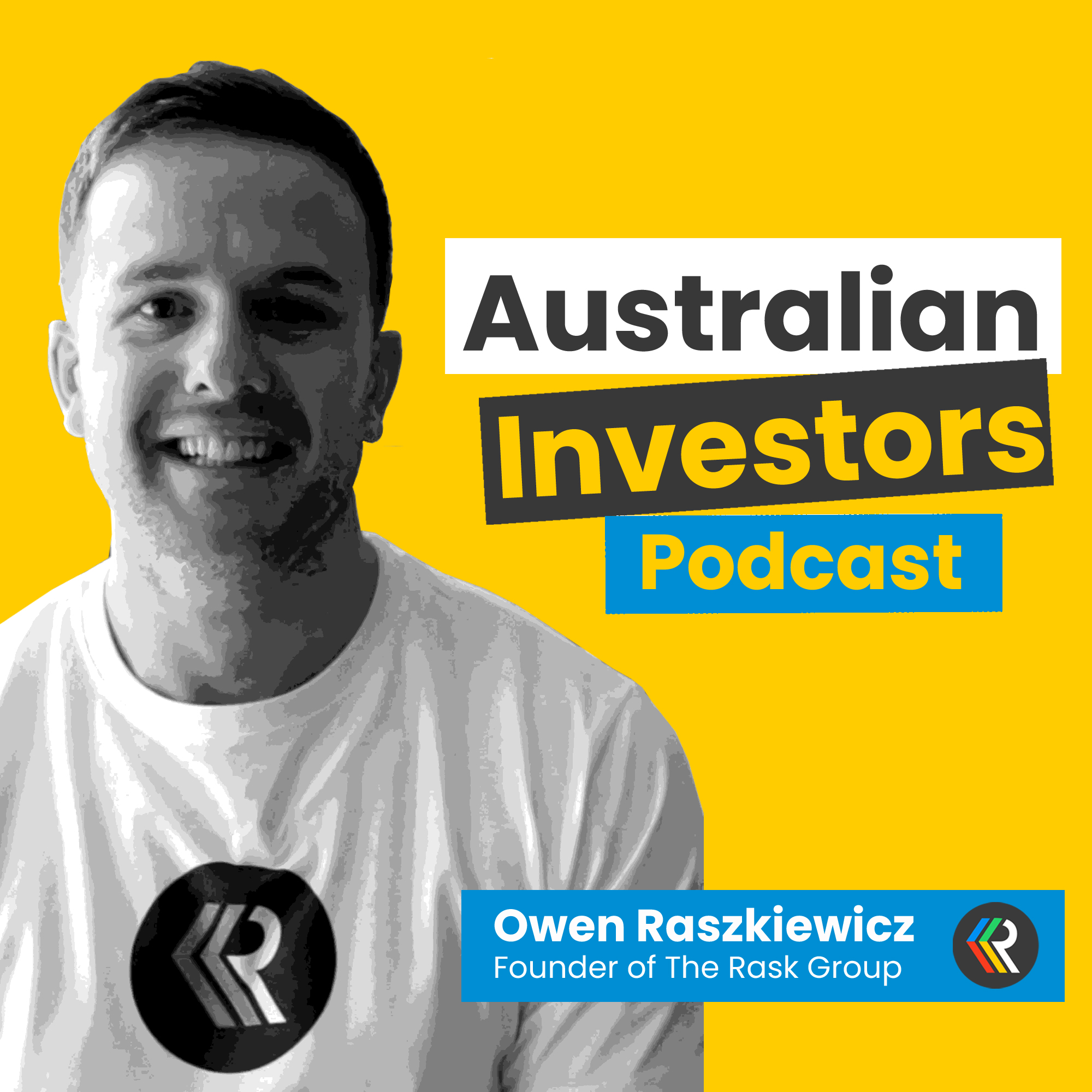Starting a business from scratch is hard work.
12-hour days, sleepless nights, no weekends, hair loss. You name it.
But, it does have some perks.
For example, when I started the journey with Rask Finance, our education arm, I never thought I’d host a podcast series that had thousands of listeners just a year later.
Nor did I think we would have more than 170,000 users visiting our education and news websites in little over a year. It’s quite something.
Finally, it’s been amazing to meet and learn from so many interesting people. From our Rask Invest
members, who come from all over Australia, to our free readers, listeners and visitors who reach out to say hello (or register to come to our events!).
Then there are the expert guests and contributors who offer their time and wisdom to us. Some of whom have appeared on our podcast series, The Australian Investors Podcast.
Here are three of my favourite investing lessons of the journey so far.
1. There’s nothing wrong with paying off your mortgage
My discussion with Tony Hansen of EGP Capital reminded me of the importance of staying — or becoming — debt-free as soon as possible.
Tony worked his backside off to be virtually mortgage-free by 30. He sold the house near the top of the GFC and bought in Sydney a little later. Tony didn’t parlay the equity in his home to get a bigger house and more debt.
What he did was similar to what Ben McGarry, founder of Totus Capital, told me he did, during our podcast conversation. He took the home and what was left of the mortgage to turn it into his greatest asset (a business).
It not only feels better to pay down a mortgage and be debt free (I suggest shopping around for an offset account), there is some good ol’ fashioned math behind it as well. This is especially true if you factor in the capital gains tax that may be applicable if you had invested that money instead of paying down the debt.
Becoming debt free is one of the most obvious yet rewarding investing secrets of all. Typically, it starts with shopping around for the best deal.
2. Buy Once, Then Buy Higher
“Buy low sell high” — the four most dangerous words in investing.
As young whipper-snappers, we’re told to buy low then sell high.
I’ve come to realise that’s poor advice because it forces us to do two things that may not be good for us in the short or long-term:
- It compels us to buy ‘cheap’
- We tempt ourselves to sell something that performs well
As a businessperson, neither of those things make sense to me. That’s why I buy to hold, not to sell.
Curtis Larson, founder of Norse Capital, reminded me to, “let your winners keep on winning.”
That makes complete sense to me. How else can an investor expect to ‘compound’ their wealth if they’re constantly selling?
3. Investors Must Be Good At Saying “No”
As usual, Charlie Munger’s advice is best, “avoiding stupidity is easier than seeking brilliance”.
To avoid making mistakes, many experts use checklists or stock filters for things they don’t want to have in their portfolio. My individual stock checklist is about 4 pages long. But I only get to that after I’ve avoided the biotechnology and resources sectors (amongst other things).
Steven McCarthy of DMX Asset Management told me they avoid ‘hot stocks’. Instead, they refine their universe to just a few names of high-quality businesses with strong track records and low valuations.
So why does saying “no” make sense?
As Wayne Peters said, “the percentages work against you on the downside”.
The lesson: Don’t lose money.
Bringing It All Together
As I’ve said before, investing is hard. However, I think these are three timeless lessons we can all apply to improve our investing returns — especially as markets get more volatile.
Hopefully I can bring many more of these ideas to you, as well as to those who have placed their ultimate trust in us and joined Rask Invest.
Cheers to our financial futures!
Owen Raszkiewicz
Founder, The Rask Group
Tune in Now!
Tune into The Australian Investors Podcast on iTunes, Soundcloud, Castbox or YouTube
today.
Disclaimer: This article contains general information only. It does not take into account your needs, goals or objectives, so don’t rely on it and consider consulting a licensed and trusted adviser before you act on the information.











